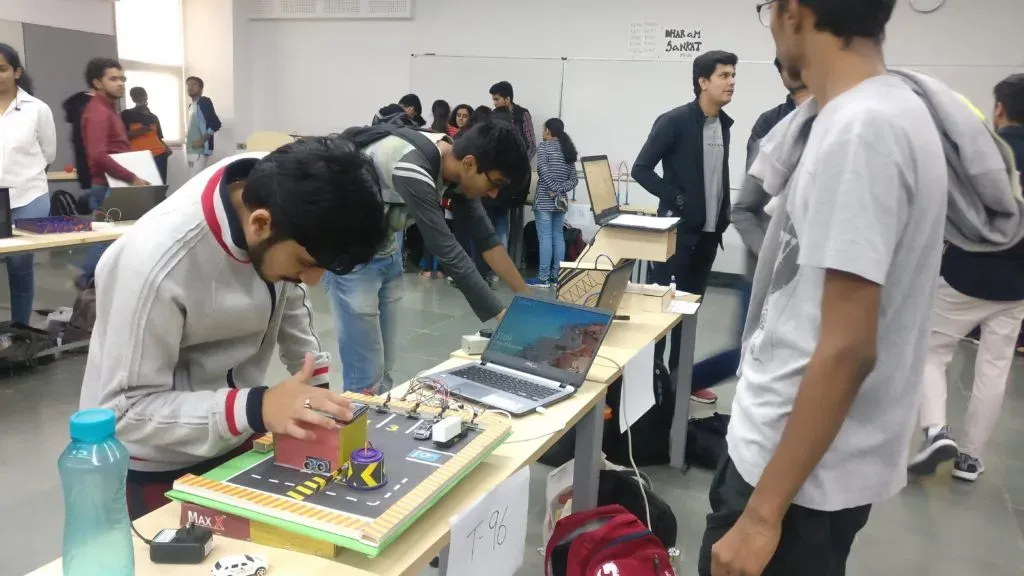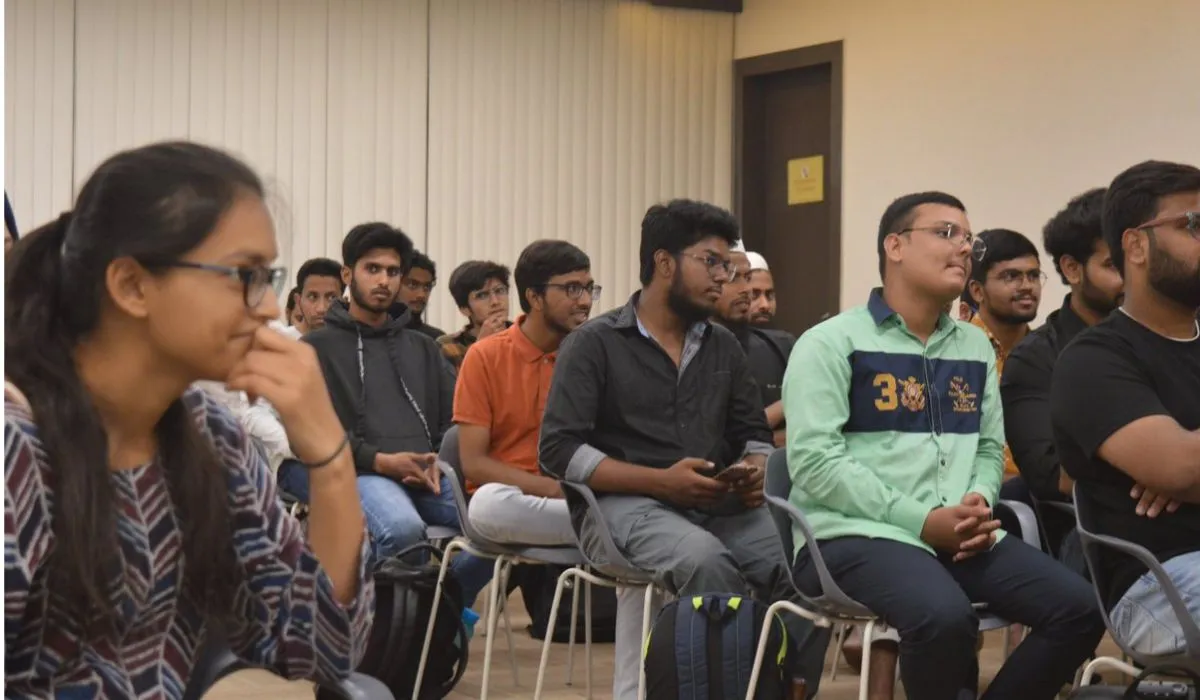India is fast becoming a global startup hub. Young minds from institutes and colleges are at the core of this growth. To support this era, the government and institutions are investing. In campus hubs and flagship programs like PM MITRA Park. These initiatives are giving business owners the tools. To turn their ideas into real businesses.
In this article, we will explore campus hubs and PM MITRA Park. How they are building a startup ecosystem across India.
What are campus incubators?

These are progress hubs set up within institutes or colleges. They support student start-ups by providing:
- Expert mentors from the industry.
- Access to funding and investors.
- They provide office space and framework.
- Freedom to build a network.
- Support in the development of businesses.
These incubators help change raw ideas into achievable businesses. Many institutions now offer these facilities for students studying. Be it engineering, business, fashion, agriculture, and other options.
Read Also: Innovative Project Ideas For School Students
Key Features of Campus Incubators
Idea to Execution Support
- Students get help to polish their start-up ideas.
- Experts give them support and guide them on business models.
- They conduct regular workshops and training sessions.
Framework & Resources
- Provides working spaces on campus.
- High-speed internet, meeting rooms, and labs.
- Access to a variety of tools and software.
Funding Access
- Initial investment or funds provided through partnerships.
- Connects students to financiers and capital investors.
- They propose ideas for different government schemes.
Joint effort and Networking
- Helps to connect with graduates, founders, and industry experts.
- Exposure to startup events and proposed plans.
- Collective learning with other student-led start-ups.
PM MITRA Park: A Game-Changer for Textile Startups
To support textile-based startups launched under the Ministry of Textiles. The PM Mega Integrated Textile Region Apparel Park is an innovative scheme. Yet it targets industrial growth. It is opening new ways for student innovators. Also for campus-led fashion or textile projects.
What is PM MITRA Park?
- It is a leading drive to create world-class textile parks in India.
- For production units, it provides a ready-to-use setup.
- Encourages creativity in fashion, technology, and design.
- It is designed to attract funding, generate jobs, and promote foreign trade.
How it helps students and young founder:
Students can launch product-based start-ups. Especially students doing textile engineering and fashion design.
- They offer space, equipment and guidance to young designers.
- The units in PM MITRA parks work together with institutes.
- Focusing on campaigns gives young talent an identity.
Real-Life Impact: Student Startup Success Stories
Fashion startup from NIFT Bhopal
A group of students from NIFT Bhopal started a renewable clothing brand. They tried using compostable fabrics. They now sell in three states and use local artisans. It was all possible because of the campus incubator. Also, because of the recognition through PM MITRA Park.
Tech Meets Textiles in Indore
An engineering student in Indore created a smart fabric. They were, however, designed with sensors for monitoring health. Through the institute’s incubation cell the startup got a small funding. They are now testing a version at a PM MITRA-linked facility.
Government and Academic Support: A Strong Foundation
The Indian government is promoting a startup culture among students through:
Education Policies
- Young minds and new innovations are encouraged at the college level.
- In technical institutions, innovation cells have become mandatory.
- Startup India and Atal Incubation Mission
- Provides funding, experts, and mentors to guide.
- Many college incubators are now Atal Incubation Centers.
You May Also Like: How Gemini Transforms Learning for 10M College Students
Industry Collaboration
- Institutes are linking with textile, tech, and producing brands.
- They provide combined projects, internships, and product-testing facilities.
Challenges
While the growth is promising enough, new producers face these challenges:
- They lack awareness of funding options.
- Balancing academics and business activities can get difficult.
- In the early stages, companies have limited industry exposure.
- Mentors are needed in particular areas.
Solutions and the way forward
To support the new generation of entrepreneurs, more effort is needed:
- Partnerships with unis can be expanded.
- Organise more student start-up camps and pitch days.
- Offer startup credits or academic support for innovative students.
- For local innovation, increase rural campus hubs.
Conclusion
However, there are campus incubators and initiatives. Indian students are not dreaming big, but they’re building their future. These platforms are motivating young innovators to take risks. Solve real-world problems, and contribute to India's economic growth. The support system is stronger, whether it is a startup or an enterprise. The future of Indian entrepreneurship is already in shape. Whether in our classrooms or our college labs.













